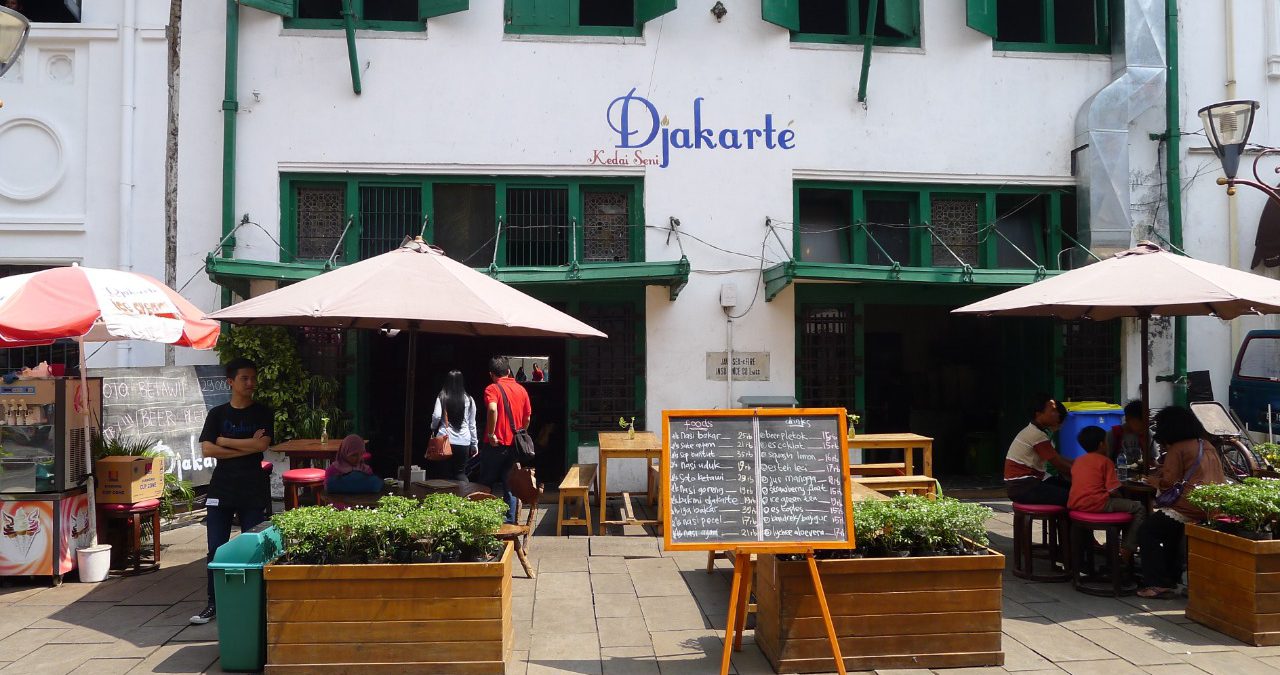
Keep up with our latest news and projects!

Jakarta’s historic city centre is undergoing a transformation. Overlooked for years, Kota Tua (Old Town) is once again a hub of vibrant activity. The key to success has been a partnership between the City of Jakarta and a consortium of private parties. The government triggered the revival process by pedestrianising the historic streets, creating new public spaces and cleaning up the canals. Meanwhile, a group of passionate like-minded individuals saw the potential in the properties, which date back to the Dutch colonial era. They started using empty spaces for pop-up galleries, shops and cafes to bring life back to the neighbourhood. Now established as Konsorsium Kota Tua Jakarta, this group helps owners of dilapidated properties to renovate and repurpose their buildings and to find suitable tenants. In just a few years they managed to do what no-one thought possible: make the old city more than a tick on your tourist itinerary, but a destination that you want to come back to. In fact, Kota Tua may one day become a UNESCO World Heritage town.
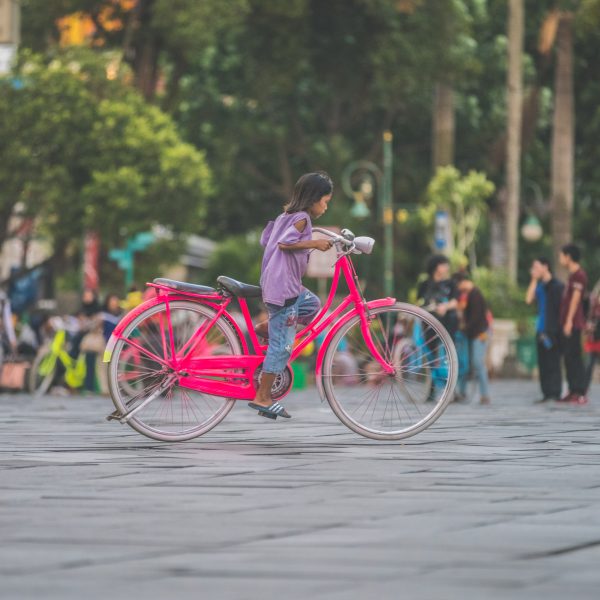
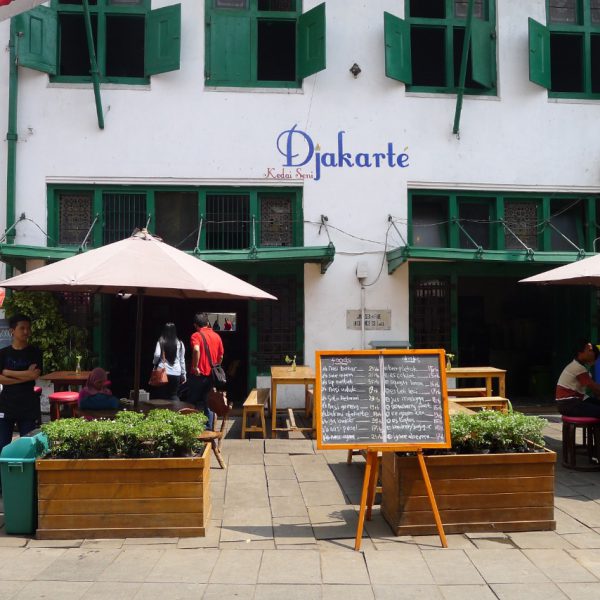
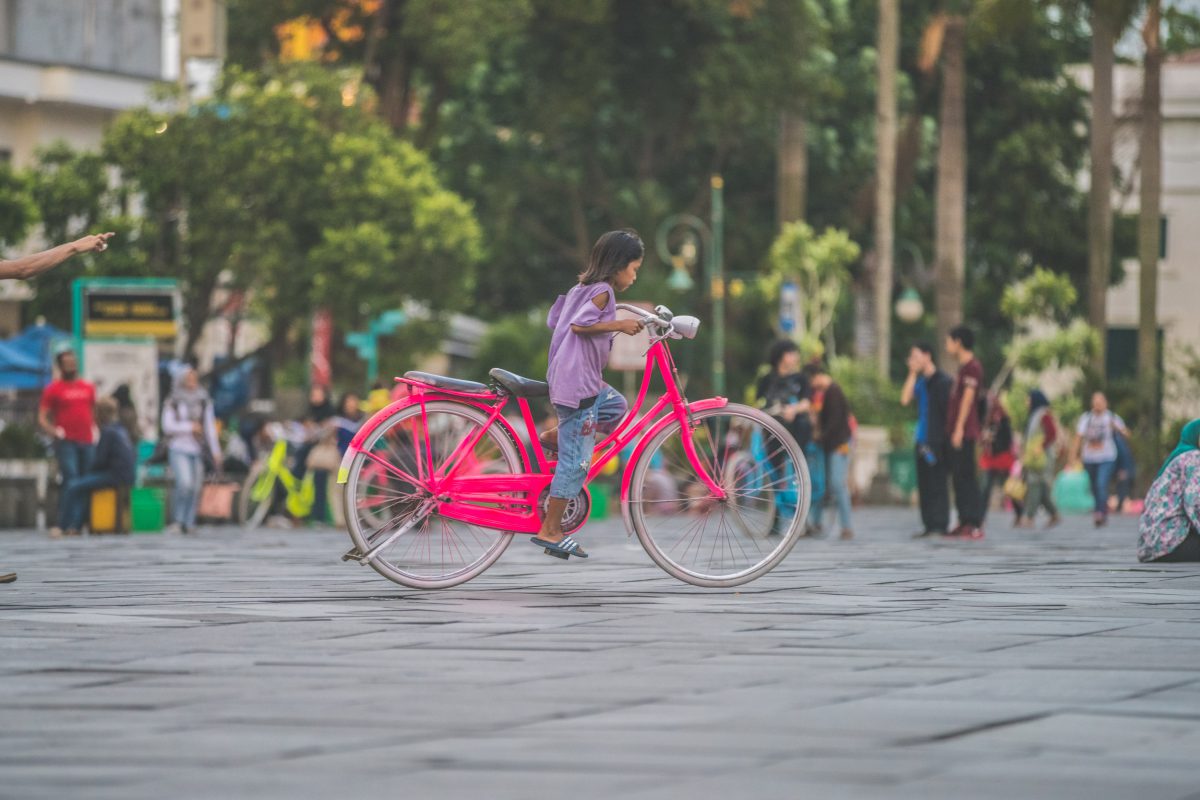
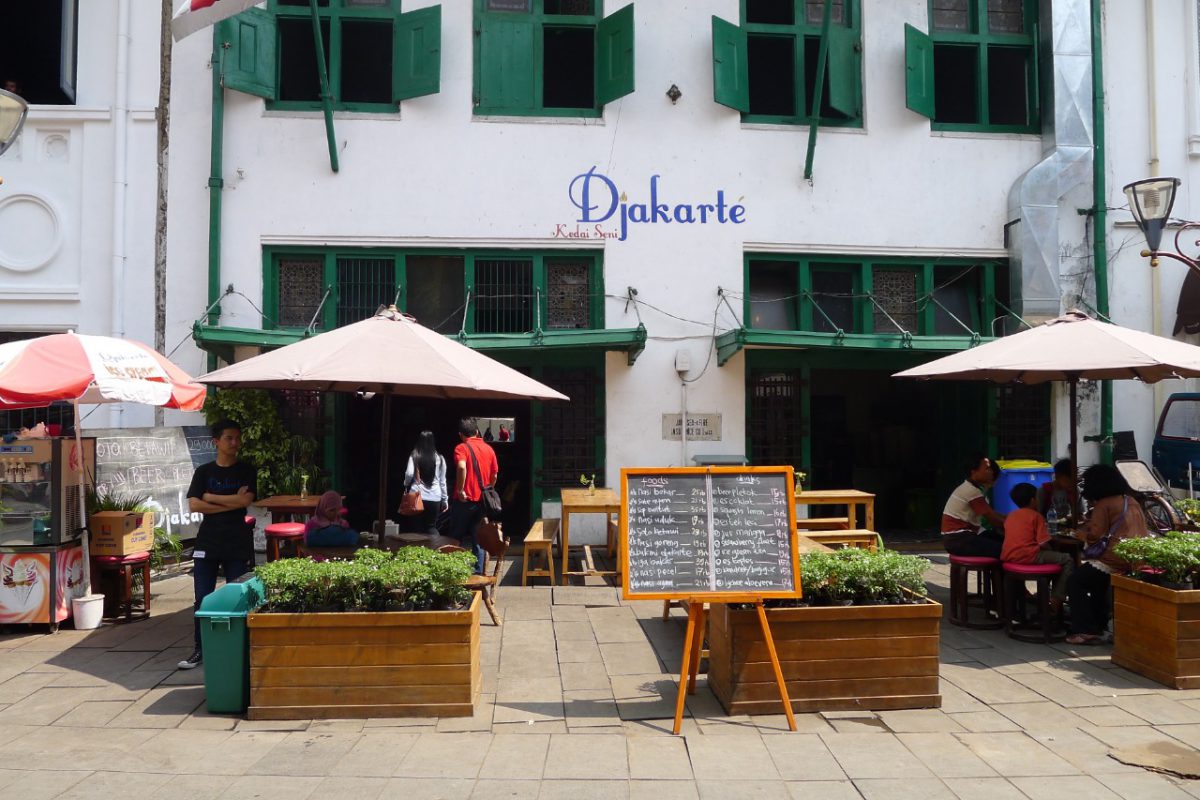
Public Sector: City of Jakarta DKI – Regional Management Unit
Private sector – Konsorsium Kota Tua
A consortium of nine companies, among them property developers and the Railway Company managing an endowment fund of $5 million, took the following actions:
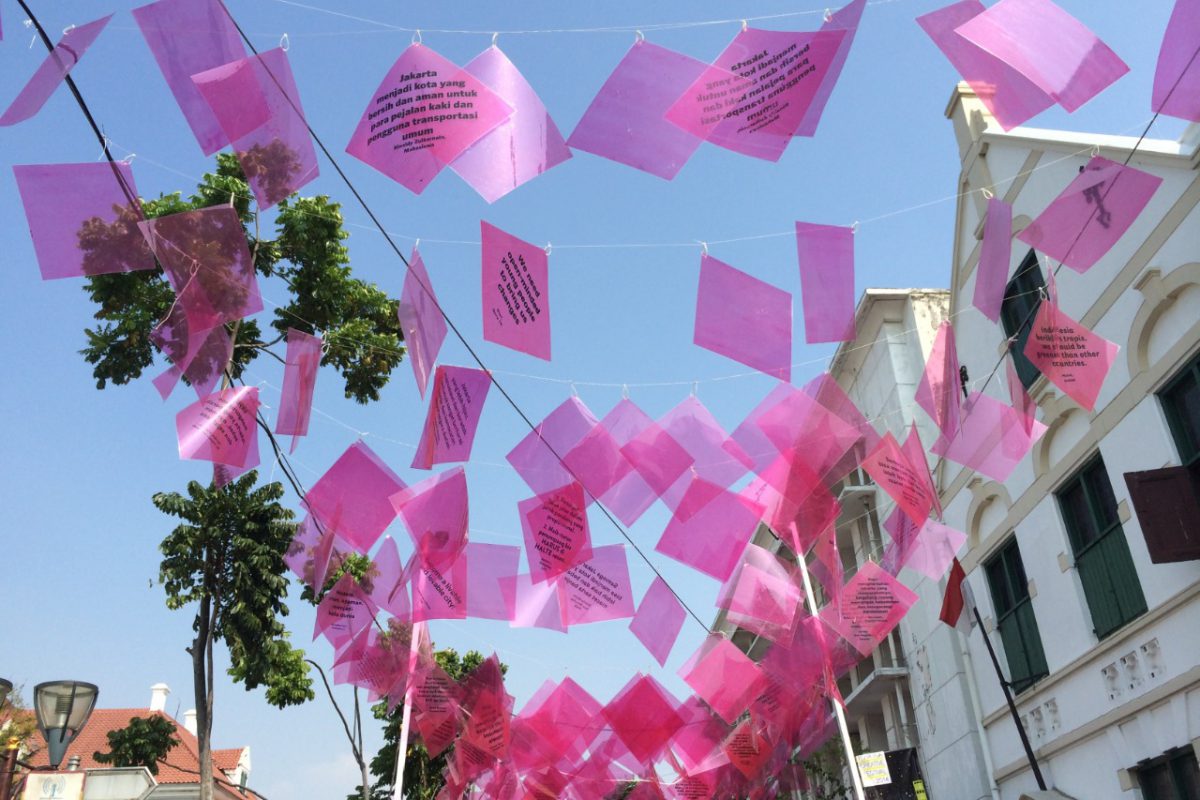
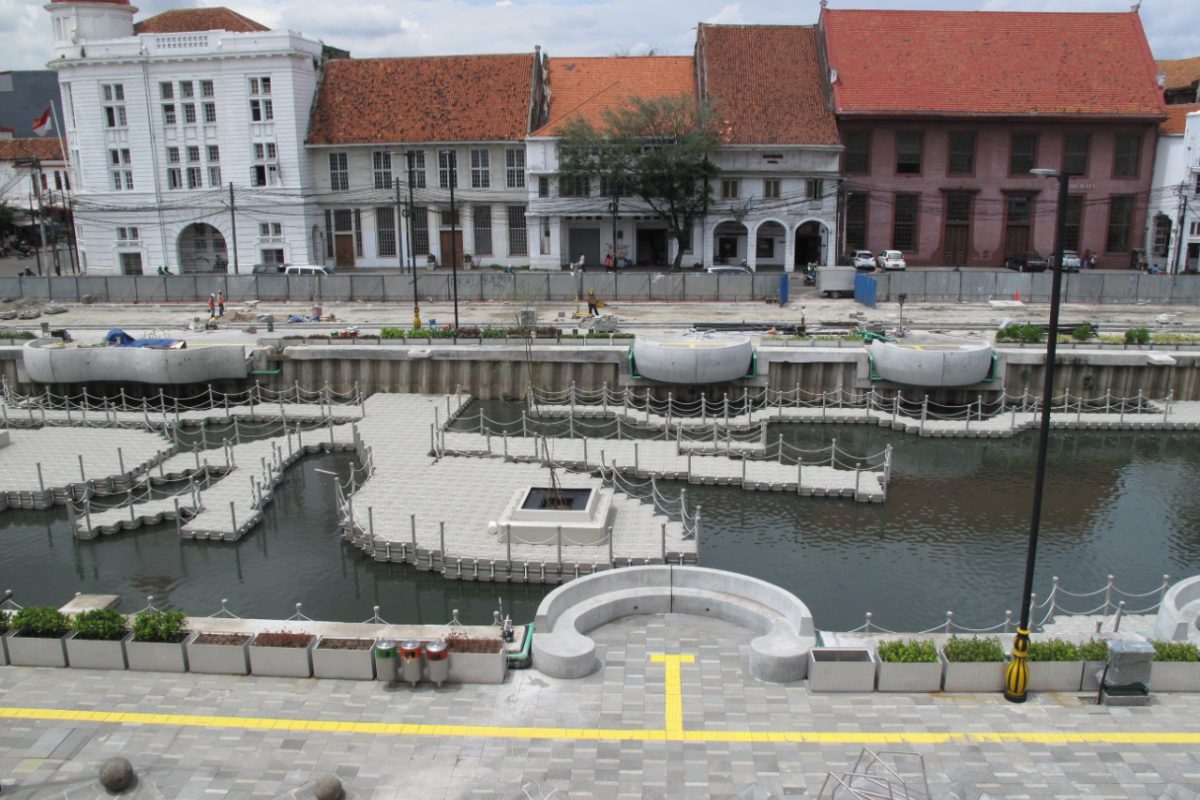
1. Komunitas Historia Indonesia, Ontel Batavia Bicycle Community, Batavian Ontel Batik Community, LWG Community, Barata Kecapi Community, Cultural Exploration Community, City Tram Community, Cakra Community Buana, IRPS Community, Old Town Guide, Browse Community, Old Town Ontel Community.